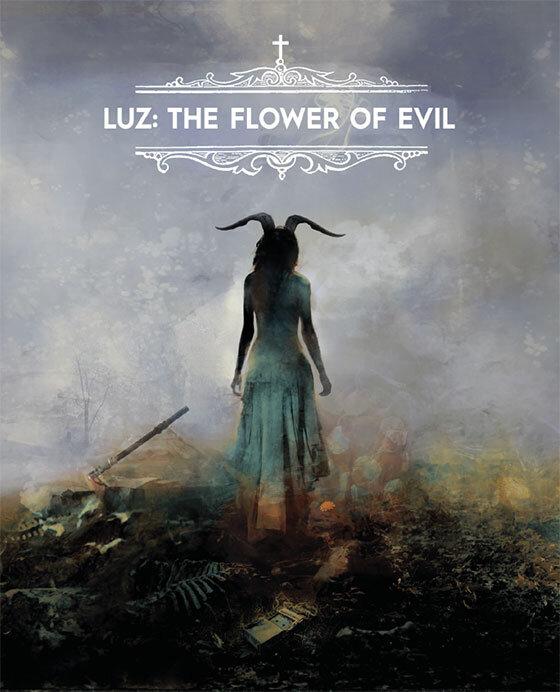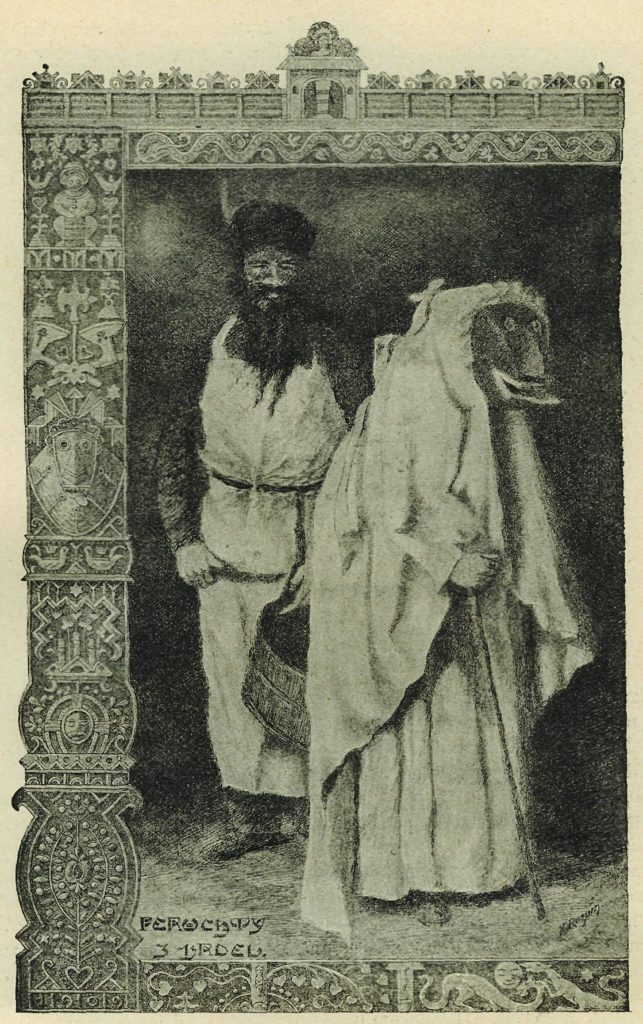Lukas Fiegelfeld’s debut chiller, Hagazussa (2017) (Hagazussa being a German term for Witch) is commonly mentioned alongside Robert Eggers’ debut flick The Witch (2015). This is not only for obvious titular reasons, but also for their moody, slow-burn atmospheres and psychologically bleak plots depicting young girls taken in by the darkness. Although there’s comparisons to be made, the two witch films do differ in many key ways. While The Witch has, for all its oddities, a rather straightforward plot, Hagazussa plays with ambiguity in a way reminiscent of such experimental films as David Lynch’s Eraserhead (1997) and Denis Villeneuve’s wholly interpretive Enemy (2013). From the opening shot of Fiegfeld’s snowy chiller an effect takes place on it’s audience. Some may shuffle uncomfortably at the slow motion frames of snow, accented by MMMD’s permeating stringed-drone soundtrack, though those familiar with hypnotic and slow burn cinema will already be settling in with a smile on their faces.
Like the works of Andrei Tarkovsky, Hagazussa relies on an atmosphere of gradually-building dread to drag it along. While this could have been achieved with the tight, focused shots of snowy mountains and moody forests alone, MMMD’s cerebral drones help accent every frame to its full artistic potential. Atmospheric horror and drone music have always gone hand in hand on some level, though recent years have seen the two forming a dreadful bond. MMMD’s is a relaxing dread, more akin to the sounds of Bernard Hermann in his work for Hitchcock’s Vertigo, though retaining the world-ending vibrations boasted by many doom/drone groups.

Hagazussa is a cerebrally-focused feast for the eyes, aiming to bring you down to its speed and keep you there until the final head-scratching scene climaxes. That’s not to say that you’ll be enjoying only mountain scenery and expressionist artistry. Hagazussa unflinchingly plays with themes of madness through isolation, child molestation, implied bestiality and multiple instances of rape in a bold way. It’s essentially that quiet kid you befriended in school, only to later find their collection of black metal CDs and skinned rodents; an analogy I’m sure we can all relate to.
History of Hagazussa

Hagazussa relates to the German folklore tale of Perchta, a ‘Christmas witch’ who was said to punish those with untidy houses or those too lazy to have all of their flax spun by a certain night with fire and disembowelment. While traditional ideas run rampant in Hagazussa, rather than tell a tale of Perchta herself the film focuses more on how these tales of darkness can affect superstitious groups, leading to prejudice towards its character of focus, Albrun (Aleksandra Cwen) from surrounding villagers. A sense of self-loathing pervades every scene, making the viewer feel like one of the villagers themselves, observing each increasingly degenerate act as all human decency falters. The idea of loneliness in a populated land, being surrounded by people with no intent to help does wonders for the hostile foreboding the film is trying to invoke.
Hagazussa (2017) Trailer
Without delving into spoilers, the third act of Hagazussa indeed involves a payoff of sorts, introducing a revenge aspect to the plot as well as some very dark psychedelic hijinxs. It’s very much worth wading through the admitted snails-pace of much of its proceedings, and features an ending that warps the viewers recollection of the whole film, meaning that if you weren’t already questioning everything you had just seen, you will by the time the credits roll. The heavy themes in Hagazussa will be polarising for some, though rather than just random shock factor inclusions they felt more by-products of an already bleak alternate universe, and rather fitting.
Those with patience, and perhaps a little energy (I fell asleep during my first watch) will find artistry and atmosphere by the bucketload in Hagazussa, as well as a disturbing depiction of one woman’s struggle against dark urges and darker neighbors. While not for those with delicate sensibilities, it offers challenging source material that arguably goes further in terms of experimentation than Robert Egger’s comparative witchy outing of two years previous, from it’s opening to it’s beautiful final shot that will be burned into my mind for years to come.
Joe first knew he wanted to write in year six after plaguing his teacher’s dreams with a harrowing story of World War prisoners and an insidious ‘book of the dead’. Clearly infatuated with horror, and wearing his influences on his sleeve, he dabbled in some smaller pieces before starting work on his condensed sci-fi epic, System Reset in 2013.Once this was published he began work on many smaller horror stories and poems in bid to harness and connect with his own fears and passions and build on his craft.
Joe is obsessed with atmosphere and aesthetic, big concepts and even bigger senses of scale, feeding on cosmic horror of the deep sea and vastness of space and the emotions these can invoke. His main fixes within the dark arts include horror films, extreme metal music and the bleakest of poetry and science fiction literature.
He holds a deep respect for plot, creative flow and the context of art, and hopes to forge deeper connections between them around filmmakers dabbling in the dark and macabre.

